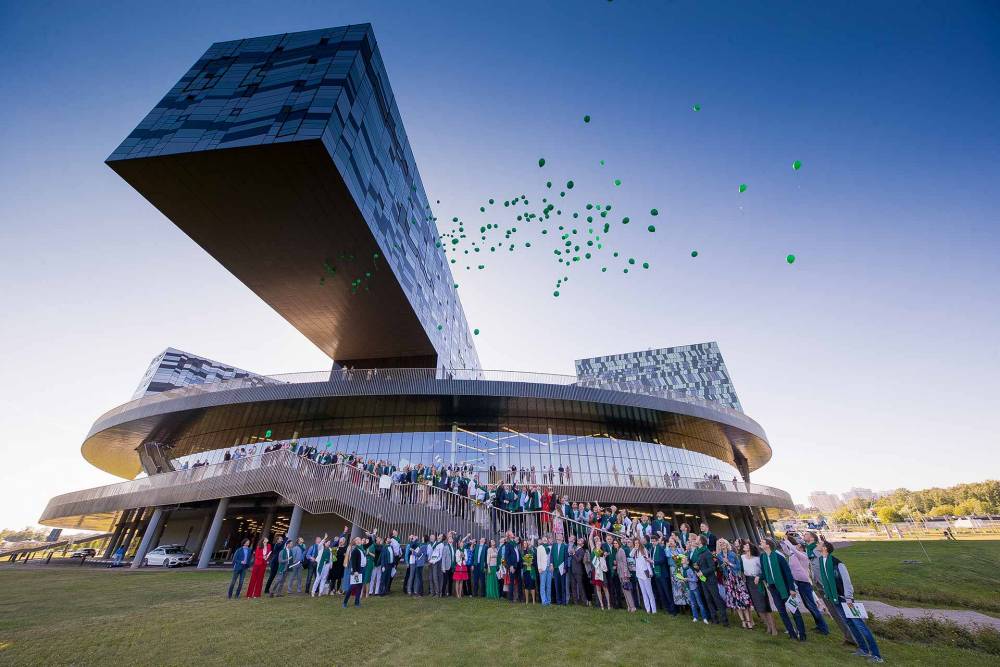Students supported by the Global Education Program choose Australia and Great Britain as study abroad destinations

Moscow School of Management SKOLKOVO has closed the process of application for participation in the main part of the five-year program that provides public grants to pay for higher education in foreign universities. The Skolkovo School is an operator of the Global Education Program launched in 2014 by order of the Ministry of Education and Science of the Russian Federation. From June 11 to October 13, an additional competitive enrollment was conducted for at least 45 program participants (there were over 250 applications). Its results will be summed up in December. Additional enrollments will also be conducted within the program.
The total amount of grants allocated as part of the Global Education Program, the first systemic and open state program encouraging studies outside the territory of the Russian Federation, is 3.76 bln rubles, a limit for a participant is 2.76 mln rubles per year. Since 2014, 708 grants have been allocated, 355 program participants have already completed it.
Grant recipients' preferences are only partly predictable: popularity of Great Britain, which is the world leader in education export, is evident (British universities, that are leaders of the program, include University of Bristol, University of Sheffield, University of Southampton, University of York, and University of Manchester). Half of universities in Top 10 are Australian universities: Monash University in Melbourne is in the first place (almost 10% of Global Education grants). Monash is in Top 200 exporters of Australia and in Top 3 world's leading biotechnology universities in the main rankings (58th position in QS World Ranking). Polytechnic Institute of Milan is a leader among European universities. There are no American universities in Top 10, but in general, 4.7% of grant recipients are studying in the USA, including seven students of Carnegie Mellon University and one student of Harvard University.
Anna Getmanskaya, Program Manager, considers that the program is a perfect example of how the state can direct and support the educational process, setting priorities and specializations and creating conditions for employing future graduates». Specialization of grant recipients is as follows: 39% are engineers, 21% are teachers, 18% are scientists, 12% are managers in the social sphere, and 10% are health professionals.